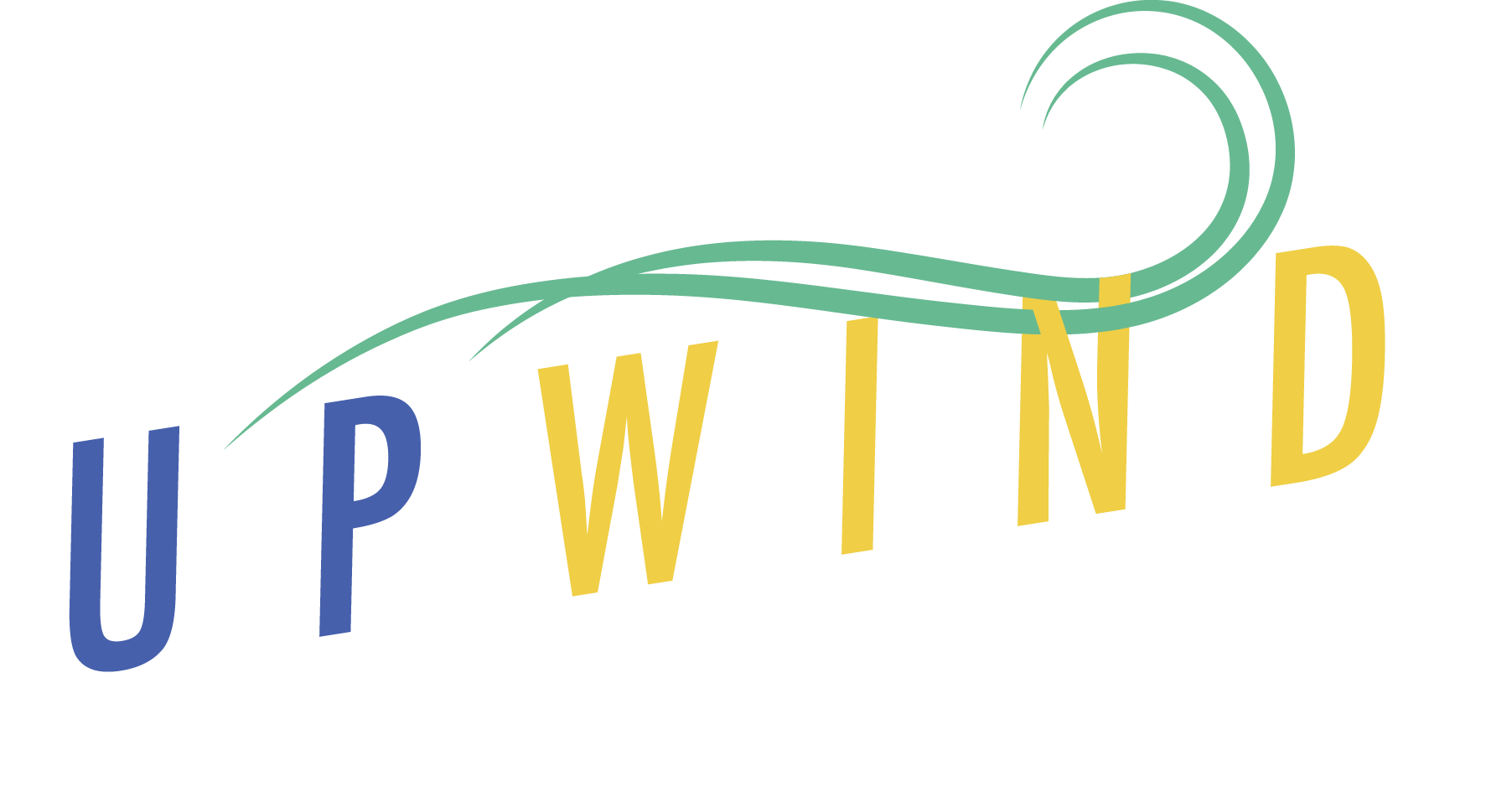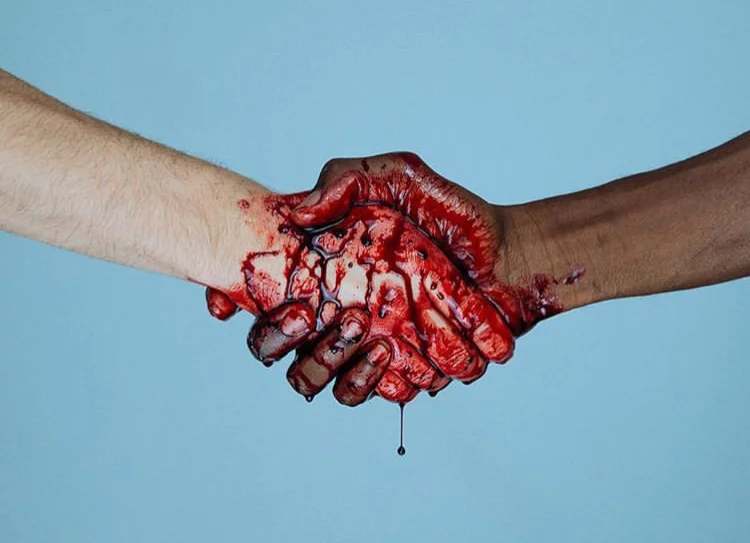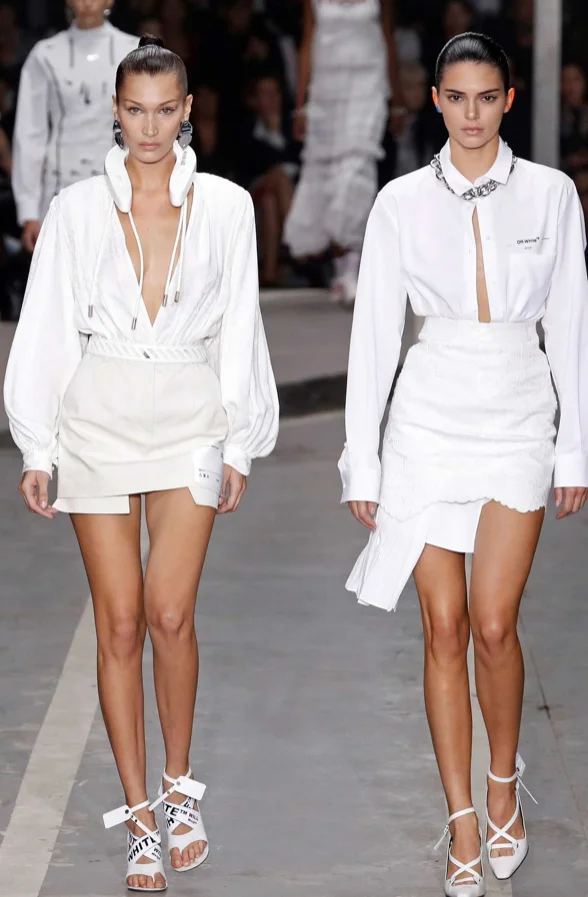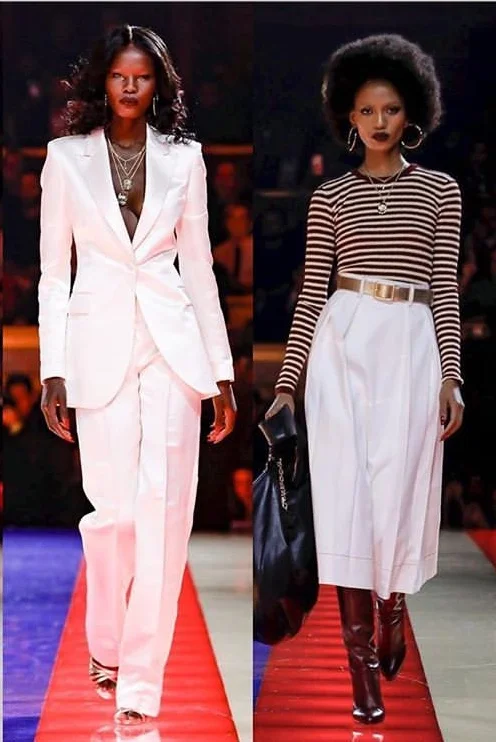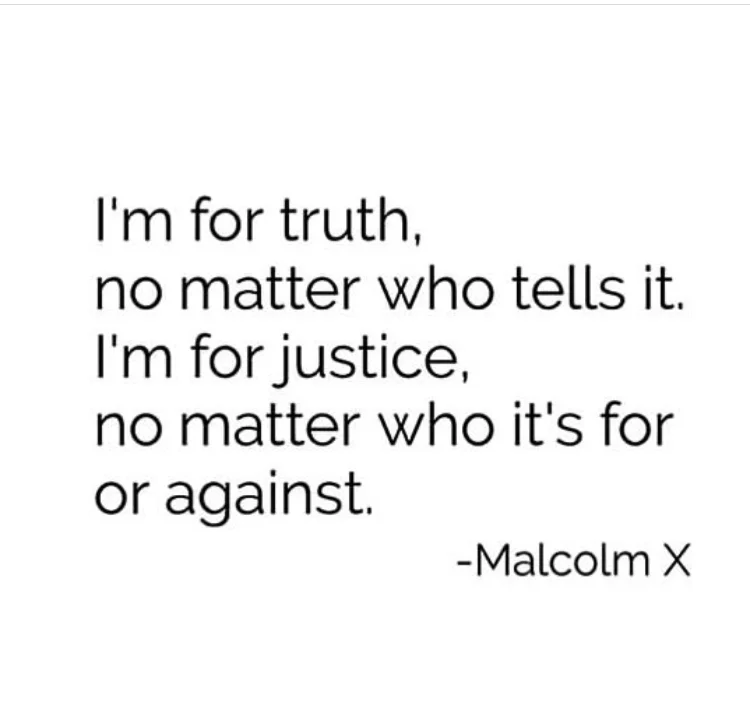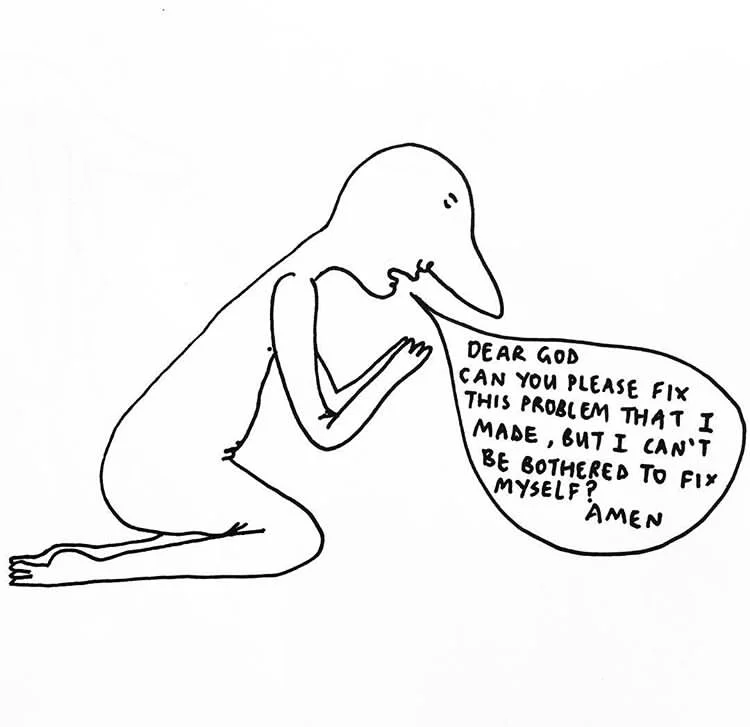March 12, 2019
The Current
In this week's edition:
Conversations About Race
Case Study About Conversations About Race
Hey College Students - we want you!
Upcoming Events
Conversations About Race
Disclaimer: Feel free to consider this discussion about how race is discussed in our (sports) culture like a weightlifting sesh or a conditioning workout that you have been dreading. It will soon be over....so bare with me.
Ultimate Frisbee is the perfect sport for white feminists (I do not mean feminists who are white).
If for some reason you feel a rush of defensive energy formulating inside of you after reading that opening sentence, first, be careful not to jumble these words so it reads “ultimate frisbee is a white feminist sport.” Secondly, go look at your team photos and take a headcount of the players of color (POC) you have this year on your roster. Okay, if that seems unfair, look at last year’s roster. Lastly, if there is less than 50% POC, disabuse yourself of the notion that race is getting the necessary and proper observation it deserves during your team’s discussions on intersectionality.
I have spent the last four years watching plenty of my teammates be recruited for the USA Ultimate Army of Social Justice. These warriors regularly partake in leading the fight towards intersectional feminism (intersectionality) in this sport. Intersectionality is a chain of experiences and truths and struggles, bound together by the systemic oppression of our neighbors. In every chain, there is a weakest link - an area so pitifully overlooked and undervalued, that the once strong bond becomes vulnerable and dismemberment is inevitable. In the United States, race is the weakest link in the chain of intersectionality.
Happy Black History Month by the way.
However young and liberal teams find themselves, their fancy pants, liberal artsy explanations during team discussions on intersectionality tend to resemble a first year handler dancing at the front of the stack, failing to commit to any decisive moment. The energy is worth applauding, despite the abysmal lack of direction and focus. This makes for a mediocre and more than a mildly annoying climate for feminists like myself.
When these conversations occur, there is often a dearth of due diligence when preparing, beforehand. Therefore, what is produced is a brand of feminism that provides too many participants refuge to bask in the glow of privileged resistance, vigilant only when put into the spotlight, and slow to react - like a herd of deer.
Deer stare into headlights. Deer are commonly roadkill. Feminism should not look, sound, or act like deer.
But much like these bashful forest hoppers, fear within us prevails and continues to be passed on from one generation to the next, like a box of hand-me-down shirts in the attic. The next generation washes it in the same cycles of oppression and presses out the jitters with the same steamy privilege. Like some of our mothers and fathers who came before us, we button up and join our troops. We stand united as an ultimate army, wearing what appears to be a uniform woven by the same high fashion designer who designed the Emperor’s New Clothes. We find solace dressing ourselves in our clean, preowned, Off-White © Feminism apparel. We stand tall and feel dignified, veiling ourselves in a veneer of progressivism.
But not surprisingly, when chocolate sauce hits the fabric, we lose our shit. It is usually at this point when I notice the Generals beginning to cower. Once cool, calm, and collected, we now have few tools to act on accordingly and fall back on our fear. We avoid the judgements and assume a quixotic demeanor. It is the same demeanor that inspires the Spirit of the Game. This demeanor is a facade, ubiquitous in the ultimate community. Amidst this brand of feminism, like the clear Chanel boots Mama Donna gave me for Christmas in 2017, I see right through it.
Happy Fashion month by the way.
We collectively crave the concept of appearance, the way a nicotine-ridden, high school Juul addict craves the puff. We so effortlessly pressure ourselves into practicing hyper self-censorship and dishonesty. Appearance does not equal reality. We don’t allow ourselves to be wrong, only neutral. We don’t admit outloud our inexperience, but rather, remain silent. We fail to challenge ourselves and formulate our own raw opinions, and instead, trust the darkest person in the room. This gives off the appearance of participating. This is not participating.
Lucky for us, it gets better. First thing’s first. Let’s get rid of this unseemly fear.
I say it’s time this army of social justice warriors seek a more inclusive brand to represent us. I say it’s time ultimate teams embody a more Tommy x Zendaya look for their brand. Afterall, Tommy x Zendaya is bold. Tommy x Zendaya is brave. Tommy x Zendaya is black.
Tommy x Zendaya rejects fear.
I assert that too many conversations about equality and intersectionality in ultimate derive from the best intentions, but are rooted too deeply in fear. Fear for whatever reason. Fear of sounding incompetent and uninformed. Fear of saying the wrong thing, thus leading to an automatic stamp of disapproval by your peers. Fear and panic of being labeled racist. Fear of appearing off brand to the liberal culture that is ultimate or to the youth culture that is the future. Fear too often leads to resentment and breeds a toxic sub-layer of disdain during team conversations. Not to mention, fear slows down our progressive strides and pisses off one Katiana Hutchinson.
Happy Women’s History Month by the way.
Progress cannot be fueled by fear. It is that simple.
Team conversations about race are prone to get messy and stains will linger. This is because we live in America. Black people who demonstrate fear in conversations about race seldom reproduce. That is just how survival of the fittest works. Holding back and not sharing your truth and experience out of fear, regardless of your race, is a lame excuse. Black people get nervous talking about this too, believe it or not, and yet, everyone can step up their game during these talks of intersectionality.
Eventually, every player will have to decide for themselves if the next generation of army recruits will receive the hand-me-downs they were given, or if it is worth their time in investing in a stronger, braver wardrobe. I’ll be the first one to take us shopping.
It’s called fashion.
*fear = white guilt.
Case Study About Conversations About Race
Conversations about race within the USA Ultimate community, from what I have experienced, handedly parallels the current state of our country. America’s greatest battle is its race problem. We withstand massively stubborn temper tantrums the second sports become the center of a racial issue and only amplify the problem tenfold when the threat of holding sports hostage becomes all too real.
This past month, I interviewed a team who had been experiencing some difficulties with race and leadership. This is a school that rests in a conservative hub in what could be argued as a fairly liberal state. Based on the geographic location of the school and the makeup of its student body, it would be best to identify this team as the Rice Krispies.
Come the end of the 2018 College season, sometime in mid-Spring, the Rice Krispies, like many teams in ultimate frisbee, had dedicated time and energy into the popular extra-curricular activity known as smashing the patriarchy. During one of their team meetings, they had determined altogether that their goal for the 2019 college season as a collective whole to be anti-racist.
Come the summer, a new coach was selected for the fresh group of Krispies. They were a well-liked and respected member of the state’s ultimate community, tall, and sensitive with long, blonde locks. Come August, when the team reconvened, the selection of the new coach had become public knowledge to the rest of their players, only three of whom were players of color (POC). It was time for the fall season to commence.
Immediately, one of the three POC on this team, shared their feelings about the new coach’s dreamy hair. Unacceptable was the word. What could possibly be wrong with blonde locks? Oh yeah, they were dreadlocks. Oh. Snap! Let’s call the unofficial coach Snap (they were a volunteer coach). This player who voiced their concern about Snap’s assistance to their coaches, claiming that this team was immediately failing at the single task they had assigned to themselves - to be anti-racist.
The Rice Krispies, crisp and eager for a new start to their season, would soon endure a semester long avalanche of feedback and criticism, but from no one more than this POC, let’s call them Crackle. This appeared to slowly but surely be the final straw for Crackle, as they would find themselves distancing themself from team throughout the course of the Fall 2018 semester. They claimed that this coach, wearing dreads as a white man, was disrespectful and a shameful display of cultural appropriation.
The urban dictionary defines cultural appropriation as “‘a pile of social justice warrior’ bullshit stating that it’s racist to indulge in foreign cultures.” For those who go to decent schools and find themselves underwhelmed by that definition, the Cambridge Dictionary offers their definition with “the act of taking or using things from a culture that is not your own, especially without showing that you understand or respect this culture.”
Thankfully, one might assume that because this team organized itself in a sufficient manner at the end of their previous season on matters of social equality, this would give them a foundation to address issues. Not to mention, one of the captains of the team, let’s call them Pop, had taken much pride in their college career leading a group of students on campus through conversations on whiteness.
The team partook in quite a few organized discussions, to discuss the future of Snap’s involvement with the Krispies. Not every one of these meetings mandated a strict attendance policy. This meant, whomever feared, for whatever reason, conflict and open, honest conversation, were immediately let off the hook. Crackle had a lot to say. Snap was absent. A mediator from the school’s diversity office was brought in and the conversation commenced.
Throughout the conversation, the team had listened to all who spoke. There was a suggestion that Snap cut off their dreadlocks, there was accusations that Crackle was bullying their teammates and being overtly aggressive in their disapproval of the Snap. There was talk of teammates and Black players, not in the room, of being oppressed by the Krispies. There was most noticeably, a flood of silence. Mostly from Crackle.
Within the following weeks, there was no concise reason as to why they would stop inviting Snap to practices. Some asserted that Snap, dreads and all, were not a racist and neither was the team for considering Snap for hire. They grappled deciding to what extent their dreads led to this decision, and how they were to navigate around an issue with the weight of white fragility and white guilt looming over their shoulders. Nonetheless, he was gone.
Problem solved?
Crackle and Pop are no longer friends, Crackle has left the team, and the Rice Krispies are still recovering from such a bitter fall, drowning in sour milk. Whether Snap had a good understanding of Black culture, is TBD. Freshmen on the team are somewhat aloof from their team, unaware that signing up for a club sport would intersect so directly with social justice. There is now two POC left on the roster, Snap is out of a job, the captains, particularly Pop, are scarred, and the goal they set for themselves of being anti-racist is hangs in the air.
What would you and your team have done differently?
Would your team fire a coach who players believe demonstrates cultural appropriation? Would one be enough? Would you kick off a teammate if they were demonstrating it alone? What about in a group? How many team conversations is enough? Should everyone be required to attend?
What is the role of an ultimate team when carrying out social justice, particularly when those directly being oppressed are absent from the conversation?
So heterogeneous is this great melting pot of people. So delicious. So complex. Yet, we struggle so badly to swallow its medleys of perspectives in one fell swoop. The Rice Krispies had such a significant opportunity to pioneer a vision of ultimate frisbee that was inclusive and anti-racist. However, with such a broad and unclear goal, and with such passion coming from players on the roster, even Pop, once a leader on conversations on whiteness, drowned in the milk of fear and distress.
I see people throughout the ultimate community latch onto a certain image they as individuals or as teams wish to maintain. Did the Rice Krispies reject Snap because they too felt he was disrespecting millions of people, or did they fear appearing to be racist themselves?
It could be argued that Crackle took things too far, and led the team to be closed off rather than open to effective team discussions on race and cultural appropriation, thus, sabotaging the progress of the Rice Krispies. For the Krispies had become comfortable, nestled in their skim influx of perspectives. It seems that Crackle’s drive to challenge the team to look beyond their own personal experiences and to internalize their own privilege came at them in one whole splash of truth. This caught them off guard.
The Krispies were without a healthy balance of racial perspectives amidst their team conversation about (anti) racism.
This team, too, fell to fear. (see above)
There was a fear of appearing some kind of way, that being became the afterthought.
A team goal of “being anti-racist,” lacks nuance, specific objectives or strategies on how to do so, which could lead to a premature shot in the foot thus, failing so miserably to understand the virtue of social justice in the first place.
Why wasn’t “being anti-racist” a starting point? Were they going to allow it in the beginning of their season and start cracking down come Pres Day? Would abolishing ignorance become a team goal for the subsequent year? Would players be given a pass for this season? So long as ignorance exists, discrimination persists.
Granted, we are born ignorant. No person has ever been born with the repertoire of vocabulary and experiences worthy of making them an expert in conversations about race, let alone cultural appropriation. All the while laws and rules and social codes fail us, forcing us to be exceptionally brave and raise to the challenge.
It’s called checking ourselves.
This is no easy task. Just ask the Rice Krispies.
When Crackle took it upon themselves to check their teammates, they felt the team was incapable of rising to the challenge. According to Crackle, “If your anti racist work depends on the labor of POC, then you were never serious about anti-racist work in the first place.” Some would say, the Krispies failed Crackle. To Crackle, they simply failed themselves. For Crackle, their hourglass of grace and patience dropped its final grain of sand.
The truths of racial injustice are self evident. For a team such as the Krispie’s, where many view social justice through a privileged lens, they almost immediately find themselves susceptible to blur the ignorance and microaggressions they face amongst their own white peers on the daily, leaving confusion and frustration. With such impaired vision, this farsighted goal of being anti-racist lacked focus. POC don’t require corrective lenses to know racism when they see it. They needn’t squint. Perhaps it would do them well to reconsider a team goal that they can see clearly, up close before venturing far out of sight.
If you find yourself squinting in matters of social justice, you ain’t woke yet. It’s that simple.
“If you are neutral in situations of injustice, you have chosen the side of the oppressor.”
Desmond Tutu
What would your team have done?
Please take time to consider the question, and then fill out this survey.
Hey College Students - we want you!
Thankfully, Spirit of the Game teaches us to speak our mind and stand up for ourselves, which we want to embolden here. We at Upwind are working to build resources designed for college students, the largest group out of USA Ultimate memberships. In order to make these resources impactful, we want to hear from you on your current ultimate experience and what you might want to know more about. We are also building a College Student Ambassador Network and would love for you to sign up and participate! Any questions you might have, fill out the form, and we’ll get back to you.
All college students, regardless of gender, race, class, sexual orientation, etc. are invited and encouraged to participate.
Upcoming Events
Pubwind presents An Old Fashioned Evening
April 3, 2019 - Washington, DC - 7-10 pm
Pubwind presents An Old Fashioned Evening featuring Old Fashioneds and a conversation on what makes old fashioned party culture, and how we can create an even better party culture.
$6 Old Fashioneds, $5 glasses of wine, $4 Narragansett baby cans
Flannel and pocket watches encouraged. This is a 21+ event.
Want to receive The Current directly to your inbox? Sign up below!
